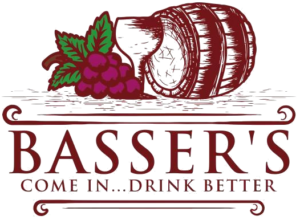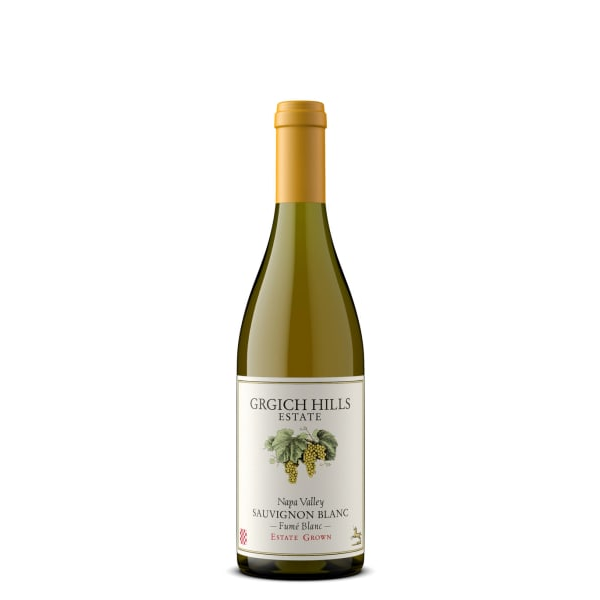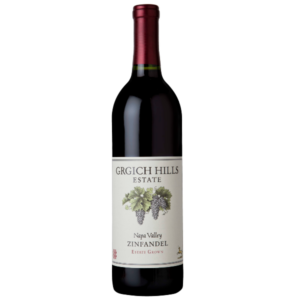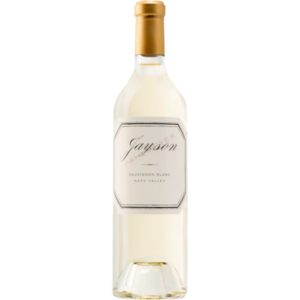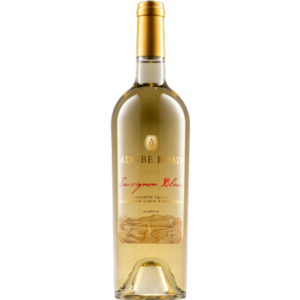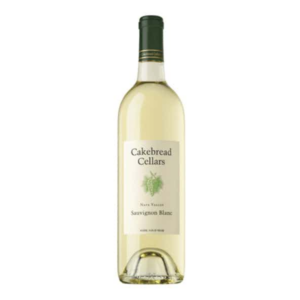2021 Grgich Hills Sauvignon Blanc
Napa Valley
Certified Organic Grapes
Biodynamic Farming
Family Owned
Winemaker Notes
About Grgich Hills Estate
Miljenko “Mike” Grgich first gained international recognition at the celebrated “Paris Tasting” of 1976. Then, in a now-historic blind tasting, a panel of eminent French judges swirled, sniffed, and sipped an array of the fabled white Burgundies of France and a small sampling of upstart Chardonnays from the Napa Valley. When their scores were tallied, the French judges were shocked: they had chosen the 1973 Chateau Montelena Chardonnay, crafted by Mike Grgich, as the finest white wine in the world. Mon Dieu! The results stunned the international wine establishment and immediately earned Mike a reputation as one of the greatest winemakers in the world.
The Paris Tasting served notice to the world that the California wine industry was on the move, and it laid the groundwork for the creation of Grgich Hills Cellar. After his victory in Paris, Mike sat down with Austin Hills and his sister, Mary Lee Strebl, from the Hills Bros. Coffee family, and on Independence Day 1977, they gave birth to Grgich Hills. It was an ideal partnership. Austin owned premium vineyards in Rutherford, in the heart of the Napa Valley, and with his extensive background in business, he put the winery on its financial feet. Mike, with his fierce commitment to making wines of the highest quality, began producing what immediately became our signature wine: the exquisite, richly complex Chardonnays that win awards and delight wine lovers across America and throughout the world.
FLAVORS FROM SOIL
The flavor of wine captured in the wine glass starts with the grapes which are fed by the nutrients found in the vineyard soil.
ORGANIC FARMING AND TERROIR
The concept of terroir is rooted in the idea of place. Organic farming allows the land to be unadulterated, thus the wine will show the true essence of the vineyard.
FIGHTING DISEASES WITH HEALTHY SOIL
Only healthy soil can promote healthy vines. Farming organically ultimately helps prevent against disease in the vineyard.
BEYOND WINEMAKING
Great wine begins in the vineyard. As a farmer you want to do right by the land and be proud of what you grow and produce.
LONG TERM VINEYARD HEALTH
A healthy, organically grown vineyard is far more profitable in the long-term. Vineyards that are not chemically farmed can survive longer, providing fruit for decades.
HEALTHY MICROBES, HEALTHY PLANTS
Healthy microbes in the soil prepare necessary nutrients that feed the vines. Happy, healthy vines reward us with wonderfully tasting grapes.
FIGHTING POLLUTION
We see pollution everywhere these days. Organic farming reduces contaminated water runoff as well as CO2 emissions.
FEEDING AND ENCOURAGING MICROBES
You have to feed cows every day, it’s a no brainer, but we never think about feeding microbes. So you have to feed them and in return they work with plants.
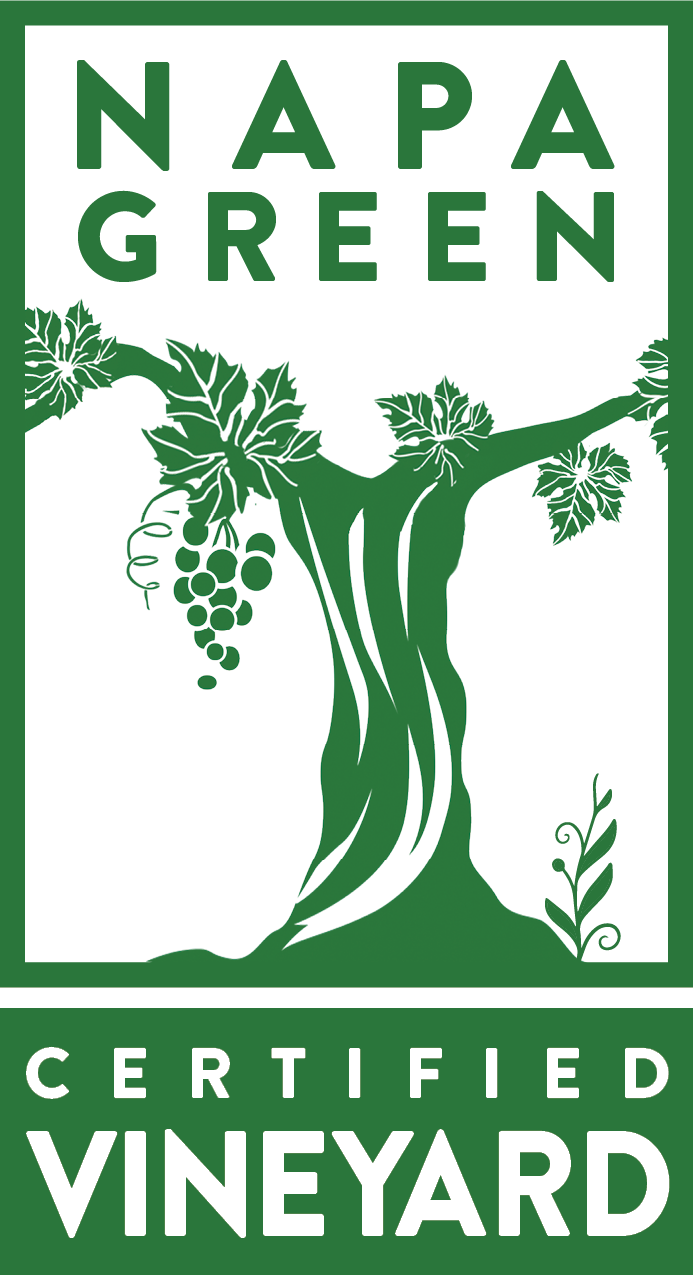
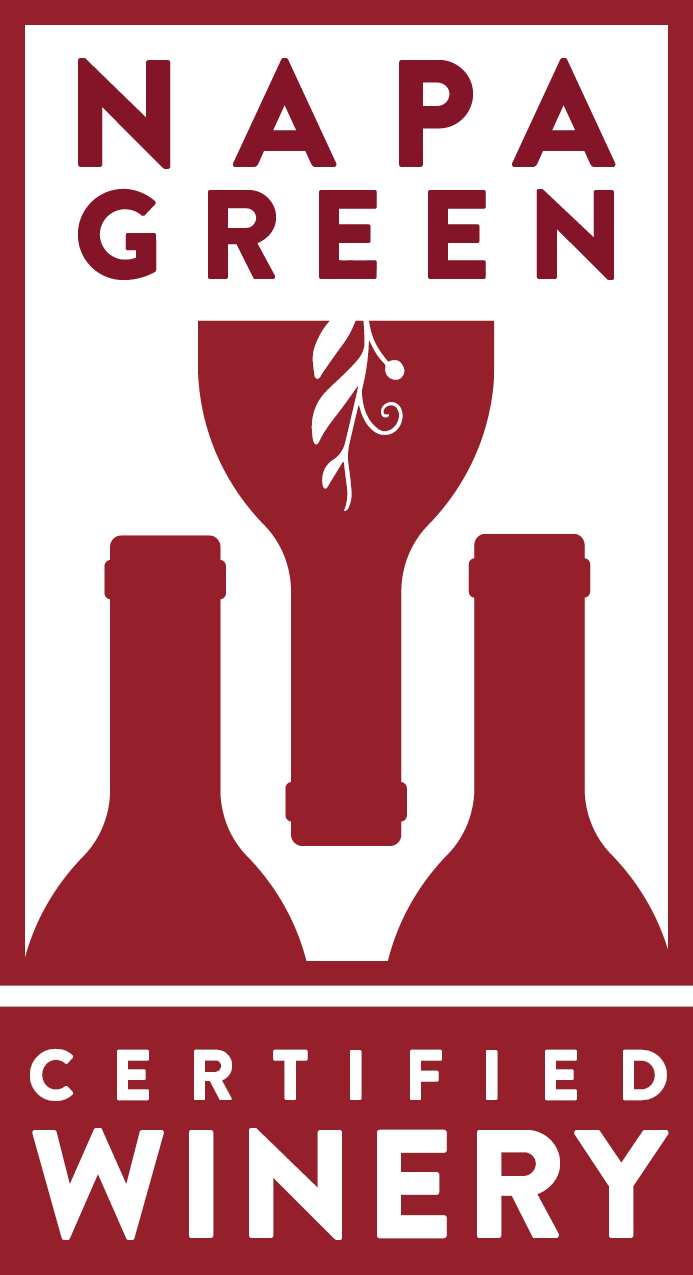
Napa Valley
Certified Organic Grapes
Biodynamic Farming
Family Owned
Winemaker Notes
About Grgich Hills Estate
Miljenko “Mike” Grgich first gained international recognition at the celebrated “Paris Tasting” of 1976. Then, in a now-historic blind tasting, a panel of eminent French judges swirled, sniffed, and sipped an array of the fabled white Burgundies of France and a small sampling of upstart Chardonnays from the Napa Valley. When their scores were tallied, the French judges were shocked: they had chosen the 1973 Chateau Montelena Chardonnay, crafted by Mike Grgich, as the finest white wine in the world. Mon Dieu! The results stunned the international wine establishment and immediately earned Mike a reputation as one of the greatest winemakers in the world.
The Paris Tasting served notice to the world that the California wine industry was on the move, and it laid the groundwork for the creation of Grgich Hills Cellar. After his victory in Paris, Mike sat down with Austin Hills and his sister, Mary Lee Strebl, from the Hills Bros. Coffee family, and on Independence Day 1977, they gave birth to Grgich Hills. It was an ideal partnership. Austin owned premium vineyards in Rutherford, in the heart of the Napa Valley, and with his extensive background in business, he put the winery on its financial feet. Mike, with his fierce commitment to making wines of the highest quality, began producing what immediately became our signature wine: the exquisite, richly complex Chardonnays that win awards and delight wine lovers across America and throughout the world.
FLAVORS FROM SOIL
The flavor of wine captured in the wine glass starts with the grapes which are fed by the nutrients found in the vineyard soil.
ORGANIC FARMING AND TERROIR
The concept of terroir is rooted in the idea of place. Organic farming allows the land to be unadulterated, thus the wine will show the true essence of the vineyard.
FIGHTING DISEASES WITH HEALTHY SOIL
Only healthy soil can promote healthy vines. Farming organically ultimately helps prevent against disease in the vineyard.
BEYOND WINEMAKING
Great wine begins in the vineyard. As a farmer you want to do right by the land and be proud of what you grow and produce.
LONG TERM VINEYARD HEALTH
A healthy, organically grown vineyard is far more profitable in the long-term. Vineyards that are not chemically farmed can survive longer, providing fruit for decades.
HEALTHY MICROBES, HEALTHY PLANTS
Healthy microbes in the soil prepare necessary nutrients that feed the vines. Happy, healthy vines reward us with wonderfully tasting grapes.
FIGHTING POLLUTION
We see pollution everywhere these days. Organic farming reduces contaminated water runoff as well as CO2 emissions.
FEEDING AND ENCOURAGING MICROBES
You have to feed cows every day, it’s a no brainer, but we never think about feeding microbes. So you have to feed them and in return they work with plants.



